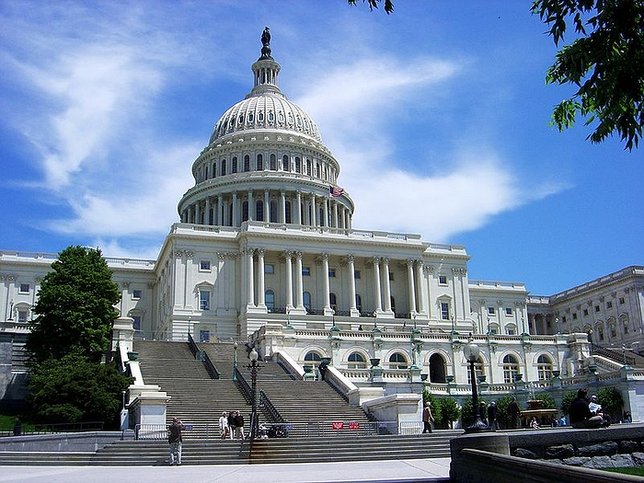The nation is only a few short months removed from a rather contentious election cycle, and for many the anxieties that flared up during the election still weigh heavily. Concerns about the future of health care, alleged ties between Russian intelligence and the executive branch, leaks within the US intelligence community, fake news, rancorous town hall meetings, and a litany of other issues are keeping those anxieties afloat as seemingly daily controversies stoke the flames of politically inclined individuals on both sides of the fence.
Arguments as fundamental as what constitutes news or what the definition of a fact is have even sprung up, and it can be difficult to hold a discussion on matters of importance when those doing the discussing cannot even agree on a set of core realities.
All of this is, of course, problematic for politicians and newscasters who work in and report on the actions of our government, but it can also be a true sore point for anyone who discusses politics with friends, family, or coworkers.
In such politically charged times, it can be easy for a seemingly innocuous discussion about the latest headlines to quickly turn into a heated dispute, and while discussing the news is all well and good having a harsh or combative argument can put a real strain on interpersonal relationships.
According to Marc J. Shulman, a psychologist with practices in Garden City and Lawrence, politics has even begun playing an increasingly visible role in mental health, as "people are struggling with anxiety, depression, couples problems, and more as a result of their politics and the attention they pay to the news."
Shulman cautions that vying to constantly win arguments, political or otherwise, can make interpersonal and especially romantic relationships much more difficult than they need to be.
"Couples that learn how to resolve their conflicts rather than try to win arguments are more likely to have successful relationships than partners who try to 'beat' each other," he says. "No matter how strongly you want to prove that you are right during an argument, or how much you want to get your way, when one partner wins, both partners lose."
Shulman suggests that couples should try to resolve their differences rather than arguing to win. If there is a winner to an argument, that necessitates there must also be a loser. "Since relationships are made up of two individuals whose successes and failures affect each other, one partner winning and one partner losing is unlikely to change the relationship dynamic in a positive way," he says.
He also notes that it is important to understand one's political beliefs are largely the result of external factors, including one's religion, upbringing, cultural and peer influences, current environment, and the media he or she consumes.
Understanding that those around us may not have had the same experiences in their upbringing or be effected by the same concerns to the same degree can go a long way in helping rational minds to disagree respectfully, without souring their relationship. We may not agree with everyone we meet on every issue, but it is important to realize that while political arguments can strain personal and professional relationships, it is possible to engage in such debates without discarding civility and respect for the one another.
[Source: Dr. Marc J Shulman, Dr. Elliot Cohen, Dr. Renee Garfinkel]










